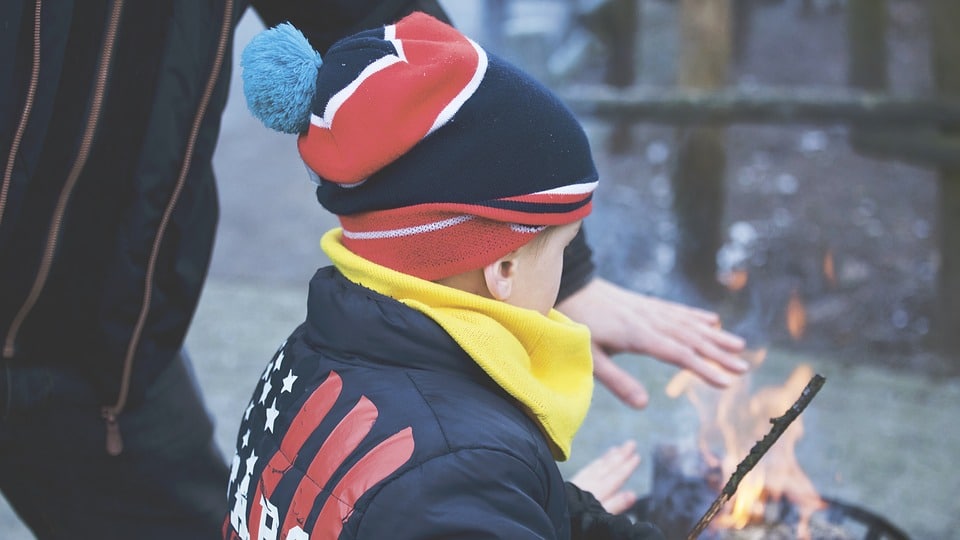Thousands of American families are forced out of their homes because of fires. In a typical house fire, residents have only about two minutes to escape from the burning house before it is fully engulfed in flames. It is important that the safety of every family member be given priority, especially where children are concerned.
Most people like to avoid discussions about tragic situations, but it’s imperative to prepare kids. Make sure they are educated about how to prevent fires and how to escape a home if it catches fire.
Here are some important things to talk about with your child:
- Fire plan – Every home should have a fire plan in place. Orient each member of the family, especially kids, about what they should do when the smoke detector is triggered. Lay out a clear escape route, and establish a place to meet when they evacuate the home.
- Fire triggers – Children need to understand the most common sources of house fires. Typical culprits include unattended cooking equipment, heating and lighting equipment, and lighted candles. Make sure kids know that these fire hazards cannot be left unsupervised. Teach them to stay away from electrical outlets, matches, and lighters.
- Stay low – When a fire generates heavy smoke, family members can reduce their exposure by staying close to the floor. If they know where they exits are, they can crawl toward them, even when vision is obstructed. Remember that the home lighting system may not work once a fire starts.
- Call 9-1-1 immediately – Family members should know to call the fire department at the first signs of fire. Because house fires can spread fast, it is imperative to enlist the help of emergency responders right away.
- Wait for clearance before returning – Though you may be tempted to return from your home to retrieve valuables, keep a safe distance until emergency workers say that you can re-enter.
Prepare now to ensure the best possible outcome in the event of a fire. Try setting a date (perhaps semi-annually) to review your emergency plan. Kids often need to hear important information repeatedly before it sinks in.

